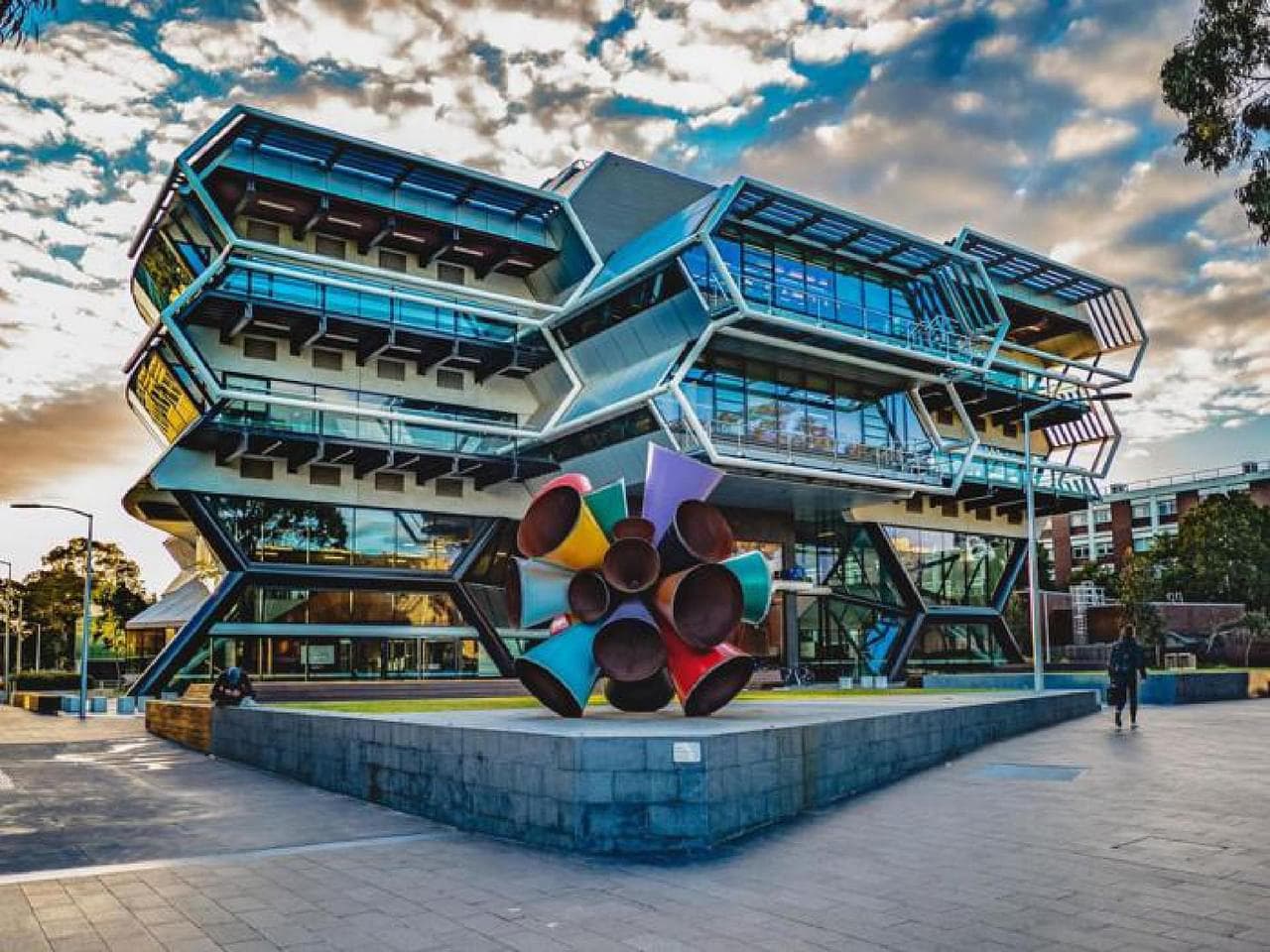Double degree courses include the features of the component degree courses, except that electives may be reduced.
Business
The Bachelor of Business is a comprehensive course, structured in three equal parts. In the double degree course you complete the following two parts:
- Part A. Business specified study
This will provide you with a broad foundation for your study of business and expose you to several business disciplines. It will contribute breadth to your knowledge of business and develop your understanding of multi-disciplinary decision making in organisations. It will also give you the opportunity to learn more about each discipline before finalising your choice of major.
- Part B. Business listed major
This will provide you with a focused program of study that will develop your expertise in one discipline area. You will develop, apply and communicate an advanced level of understanding of the concepts and theoretical frameworks that constitute the knowledge base of your major area of study.
Media Communication
The Bachelor of Media Communication is a specialist course, developed through three themes that combine to underpin media communication practice: strategic knowledge, practical and professional skills, and collaboration and leadership. In the double degree course you complete:
- Part A. Strategic knowledge
Builds students' competence in analysing and understanding the current state and past developments in media communication locally and globally; understanding impacts of media and communication transformation, and media power; creating future scenarios and media communication visions by developing students' preparedness and adaptability for future media communication change and creativity.
- Part B. Practical and professional skills
This involves developing students’ competencies in linking knowledge and media practice in professional contexts, such as conceptual and implementation skills, project and content management skills, hands-on experience in putting knowledge into practice, and thereby testing and creatively experimenting with (strategic) knowledge about media transitions and transformations. It also involves developing students’ competency in ethical and legal aspects of media communication.These units will develop your capacity as a critical and creative professional who is able to apply your knowledge of a specialised area to provide discipline based solutions to commerce and economic policy.
- Part C. Collaboration and Leadership
This involves competencies necessary for students to work in teams and in different knowledge communities and media communication professional settings. It includes competence in engaging with stakeholders, media literacy, and participatory research and media making in collaboration with experts from academia, industry, government, and the community. It also includes competency in social and cross-cultural awareness.
